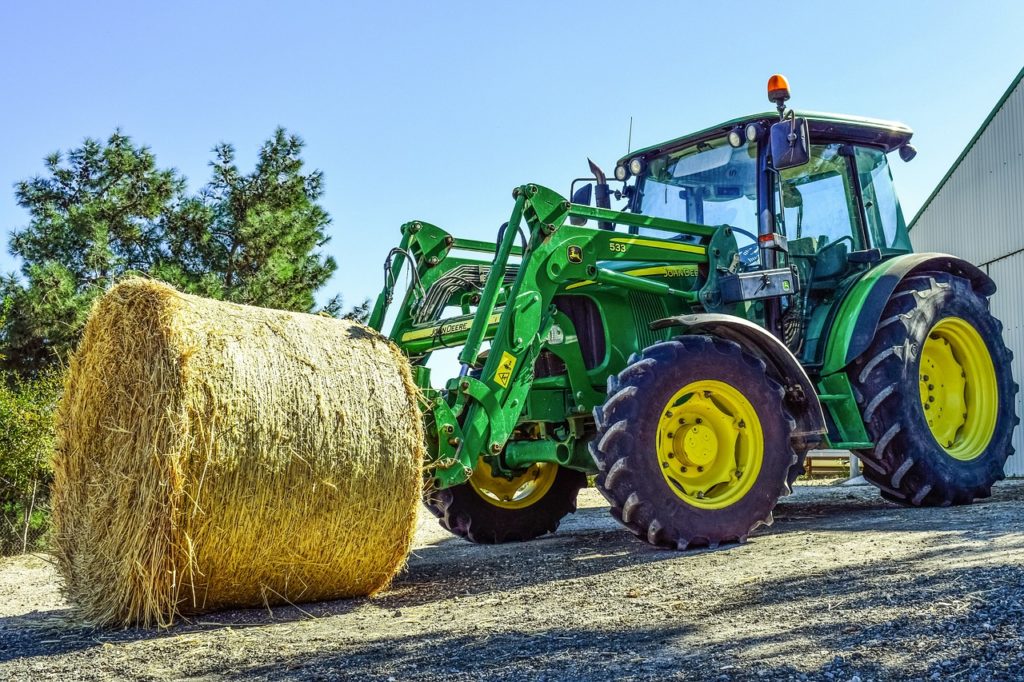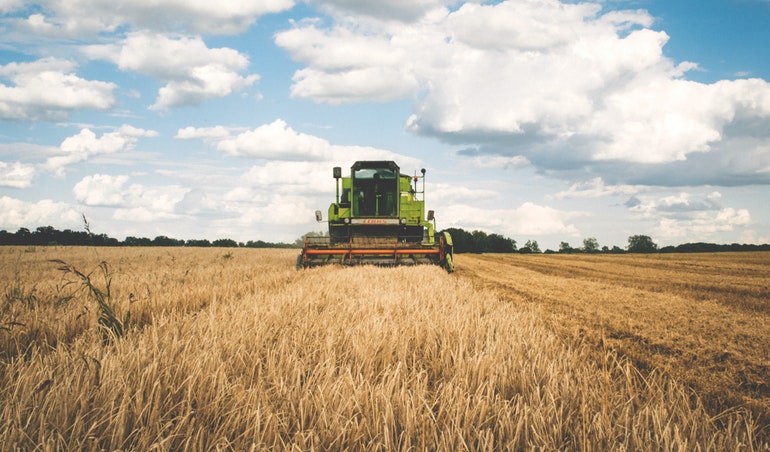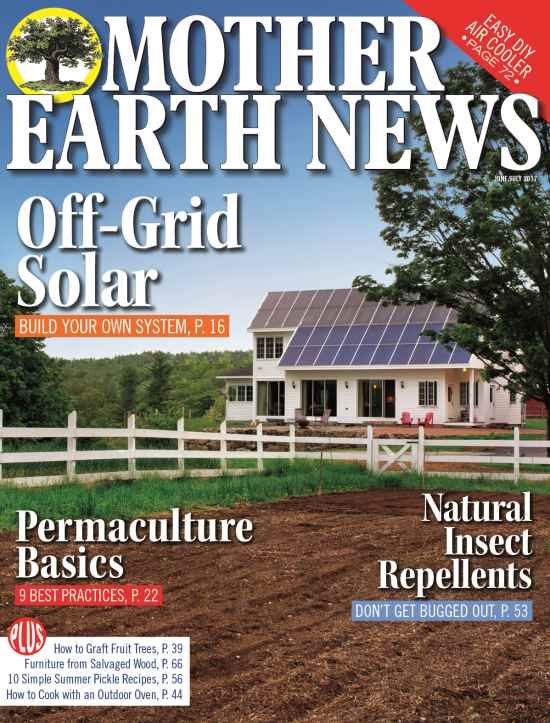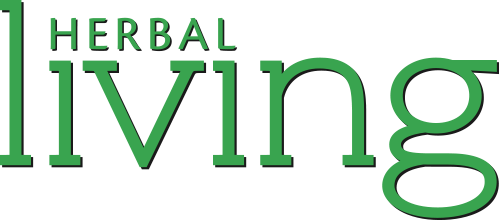The fact of the matter is, farm equipment is a basic necessity. It’s not something that many farmers can ever go without. You can, however, adjust your current practices to make the best use of the tools at your disposal and cut back the costs of farm equipment.
If you find that your farm equipment is a perpetual drain on your resources, consider a few of the tips listed in this article. We’ve compiled three ways you can work your property without the worry of extra expenses — some simple advice anyone can follow to save money and meet their bottom line.
1. Take a Proactive Approach

As the common adage goes, you reap what you sow. This is also true of maintenance — the more you take care of your farm equipment, the less you’ll have to pay for repairs down the line. In other words, a small investment of time and money saves a sizable sum on unexpected troubles.
You have enough planned in your daily routine without thoroughly inspecting every piece of equipment after use. That would take hours and energy you can’t spare. But dividing up the time it takes to examine each machine across a longer span makes it a more manageable task, and you might even catch something.
Start with the basics. Tire and rubber track maintenance is a must, and you should consistently check the treads to ensure they aren’t damaged. Excessive stress can hurt the vehicle and place you in a precarious situation, resulting in costly repairs and even potential injury in certain extreme conditions.
Make sure to rotate your tires and rubber tracks to keep an even wear, and park your equipment out of the way of direct sunlight. Covering the rubber on your machines can double their lifespan, which is a much cheaper alternative to purchasing replacement tracks. Accounting for the little details will earn you big savings.
2. Rent Instead of Purchase

Depending on the logistics of your farm, like scale and output, you’re better off renting your equipment instead of purchasing it. In most cases, the decision to rent is more financially responsible than the long-term expenditure of owning and operating your personal vehicle. Take some time to crunch the numbers.
Whatever conclusion you arrive at, it’s an undeniable fact that farm equipment is expensive to purchase and maintain. If it’s not within your budget to buy new, renting the necessary machinery is a much smarter option than spending money you don’t have. Leasing has additional benefits that ownership doesn’t, too.
If you need specialized equipment that’s unique to a specific job, renting can be more viable than buying. This is especially the case for seasonal equipment that doesn’t see year-round operation. Also, if you’re unhappy with the machine, you can always return it.
One of the principal advantages of leasing equipment is staying current with the latest advances in technology. Those who purchase their vehicles will find that in five years, the industry has manufactured more efficient models. It’s a matter of making the best use of your funds.
3. Consider Joint Ownership
You likely have neighbors who work in the agriculture industry, fellow farmers who work the land with their own equipment. If you’re on friendly terms, there’s no reason you can’t sit down and negotiate joint ownership of machinery, reducing maintenance costs and your overall expenditure.
It’s a win-win situation — you get to share the expense of repairs, using the vehicle only when you need it. It’ll also save you space, which you can then use for other equipment or materials, and it’s hugely advantageous as long as you understand the rights of you and the other individual.
That said, you don’t have to limit joint ownership to only two parties. Many farmers and small business owners find they can use the equipment far more efficiently with multiple people working in tandem. When you only use what you need, down to the bare essentials, it reflects in your savings.
Consider all the implications that a deal like this entails before you pursue it. Keeping organized records of fuel and repair costs, scheduled use of machinery and labor logs will eliminate any confusion that could lead to disagreements. At the end of the year, payments are determined based on this information.
Cut Back the Costs of Farm Equipment
It’s not complicated to save money when you’re running a business, but it does take a little extra work. If you put in the time and research, you’ll see a significant reduction in your operational expenses. Just keep up on maintenance, look into leasing and consider joint ownership opportunities.
No one who works the land should let equipment costs get in the way of the invaluable service they provide. Cut back the costs of your farm equipment to make sure more of that value gets back to you.










